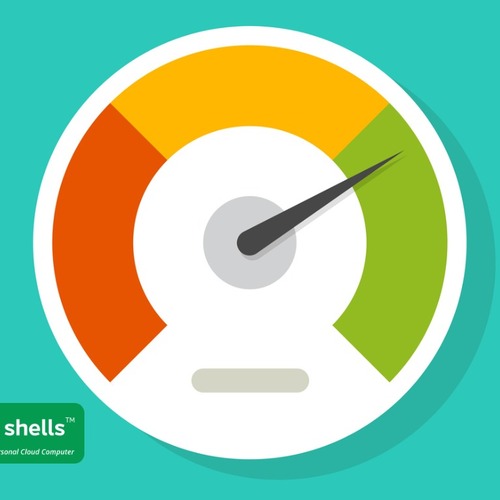By: Dennis Oiro
Most people have used the Windows environment for many years, and when they migrate to Linux, it may seem as though they are in another world. Since its release in 1991, the free, open-source OS, Linux, has gained popularity in the technology world owing to its immense benefits. However, to enjoy better performance, you must pay close attention to your Linux installation. You must ensure that your environment runs effectively and smoothly and avoid any challenges to your crucial applications. Here are a few performance tips that will enable you to maintain the best Linux environment.
Disable Avoidable Components
Linux comes with several background services and elements running on each server. However, not all these components are necessary. These extras tend to take up important CPU and RAM. You can incapacitate them using the startup script that starts these unnecessary services during booting time. When you disable the extra services, you will be making more memory space available, cutting the startup time, and boosting your OS's performance. Examples of elements that can be disabled include Webmin, Cpanel, phpMyAdmin, and Plesk.
Understand the Basic Linux Performance Commands
Linux operating system has five important performance commands. These include sar, top, vmstat free, and iostat. These performance guidelines offer varying optics on the main memory stats, systems load to CPU usage, to current uptime. Getting yourself conversant with these performance commands will help you get the most out of your operating system.
Ensure Proper Configurations of Apache and MySQL
The Linux environment never runs in isolation. Therefore, other crucial integrated services like Apache and MySQL must also be augmented to ensure you leverage the Linux environment. Adjusting the MySQL cache sizes is necessary to amplify available RAM and apportion additional RAM to your MSQL. However, this will largely depend on the size of your MySQL requests and your needs.
This also applies to Apache, and you will have to determine how much memory Apache uses by checking 'MinSpareServers’ and ‘StartServers' directives. When you adjust your settings of Apache and MySQL, you will save about 30 to 40% of RAM, which will boost the performance of your Linux operating system.
Eliminate the GUI
One of the unique features of Linux is that it does not need a GUI, and everything on this Operating system can be operated using the command line. For Windows users and those who have just migrated to Linux, this is a foreign concept. However, it is intuitive for long-time Linux users. When you eliminate the GUI in the Linux environment, you can save lots of memory and CPU cycles, and you can circumvent many security issues. Furthermore, disabling GUI is quite easy, and you can always initiate it manually using Startx whenever you require GUI.
Optimize Virtualbox
Virtual machines are quite demanding beasts that offer virtual hardware and run several operating systems on the computer at the same time. As a result, they can sometimes be very slow. Within a virtual environment, you can run Linux using VMs such as VM Player or VirtualBox. This enables Linux to run in a window on your Windows or Mac desktop. This allows VMs to be used to test guest OS within a sand-box setting without affecting the host machine or the hardware.
Using VirtualBox is similar to running a new host. There are also different optimizations you will make with your preferred VM tools. This includes optimizing performance, disabling any unnecessary services, blocking advertising, and lightening the load. Virtualbox or VM Player packages have special drivers that enable your guest OS to run faster on the hardware of the virtual machine.
Update the System Routinely
As an open-source OS, Linux has several distributions such as Fedora, CentOS, Mint, Ubuntu, and more. Regardless of the Linux version you are using, you must ensure that the software is always current and robust. This is important because new security patches and novel fixes are added with every new release. To maintain a high-performance environment, you should routinely upgrade to the newest Linux version. This will guarantee effectiveness and will ensure that your services and applications are running optimally and securely.
Linux brings a host of benefits and every user has their favorites. Some love the freedom from viruses, while others enjoy the immense support from Linux developers and users. Others love the freedom of using their computer without control for an outside agent. If you use this operating system, you will notice that the general snappiness and speed of the Linux desktop are unmatchable. Keep the above-mentioned performance tips in mind when using Linux operating system.

